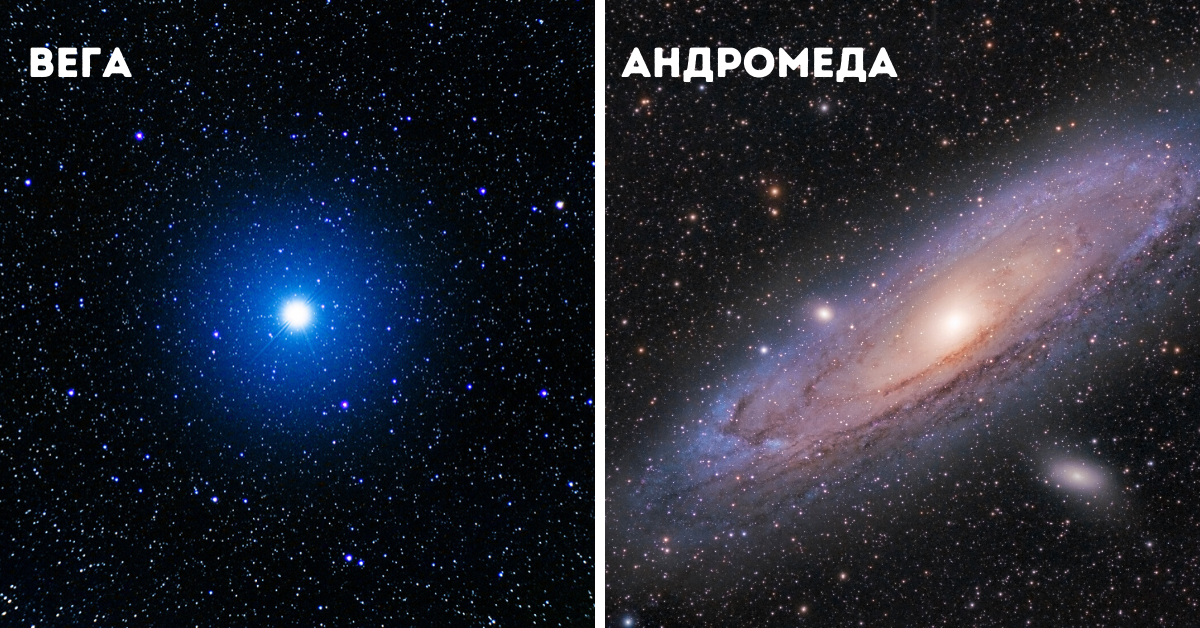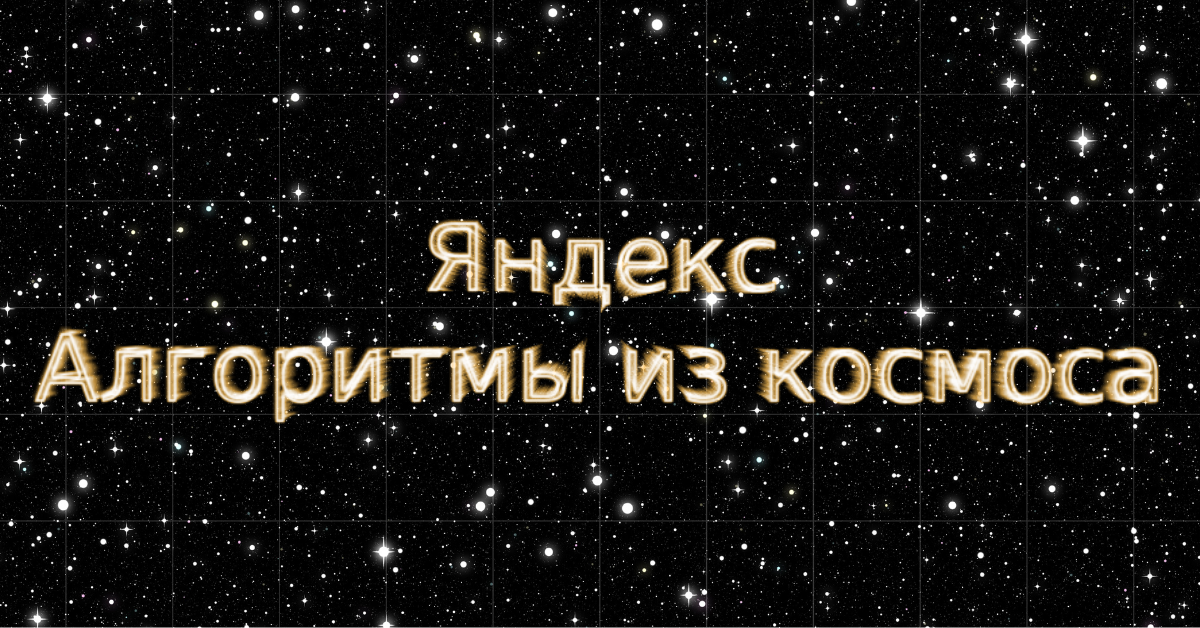Whilst a large number of Google’s algorithms are named by members of the SEO community or are known as their project codenames (such as Nesehorn and Kamehameha), Yandex’s algorithm updates are named by the company themselves and usually after towns, cities, or areas of natural beauty within Russia.
That being said, the “larger” updates that in theory encompass all elements of Yandex organic search get much grander names. They get named after elements fo the cosmos.
The two algorithm updates I’ll be looking at in particular within this article are Andromeda and Vega.


Andromeda
Released in November 2018, and building on the previous Korolyov and Palekh updates, Andromeda included over one thousand improvements and features to Yandex’s search algorithms.
These notably included improvements such as enhancements to the “quick answer” functionality and the introduction of “experts” to aid users in getting better answers (quicker) for their queries and giving users an easier way to recognize the most accurate and relevant sites directly on search results pages through the allocation of official site badges.
Andromeda also saw the introduction of Yandex.Collections, a visual way for users to store and navigate content. Users have the ability to save search results in a visual tile format, whether they be links, images, movies, locations, etc… Logged in, a user can access these from mobile and desktop devices and also follow other, public collections – for example, if a user is interested in Zenit (St Petersburg), they can follow public collections for Зенит:


Vega
On December 17th, 2019, Yandex announced the Vega update.
The Yandex algorithm now uniquely trains neural networks through the knowledge of real-life subject matter experts to improve search results.
Vega also updated the search algorithms to group similar pages together using AI, meaning that through the clustering technique the resources required to crawl, store, and score the web can be used more efficiently, increasing Yandex’s search index to 200 billion documents.
Yandex.Q?
As part of the Vega update, Yandex introduced Yandex.Q, a new question-and-answer service.
Yandex.Q makes use of the Yandex.Experts tool, which was introduced in the 2018 Andromeda update, and TheQuestion, a Q&A forum acquired by Yandex in early 2019 to form the new service.
Yandex.Q contains more than one million questions and answers from a gamut of subject matter experts. Users will type questions as normal in the Yandex.ru search bar, and Q answers will appear at the top of search results (akin to featured snippets in Google). The example given by Yandex in the Vega blog post is:
For example, someone looking for information on Alexander Pushkin can see answers from a literary critic, or a search on the behaviors of seals will result in a response from the head of the National Arctic and Antarctic Museum.
________
You can read my full post on Yandex’s algorithms on the SALT.agency website.







